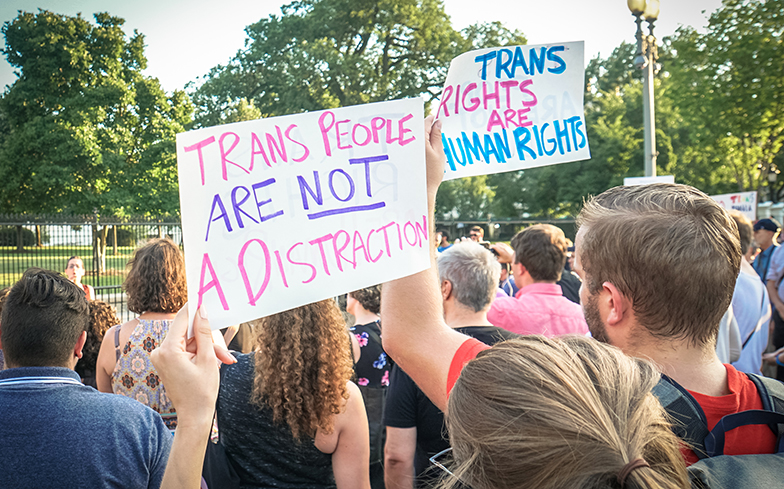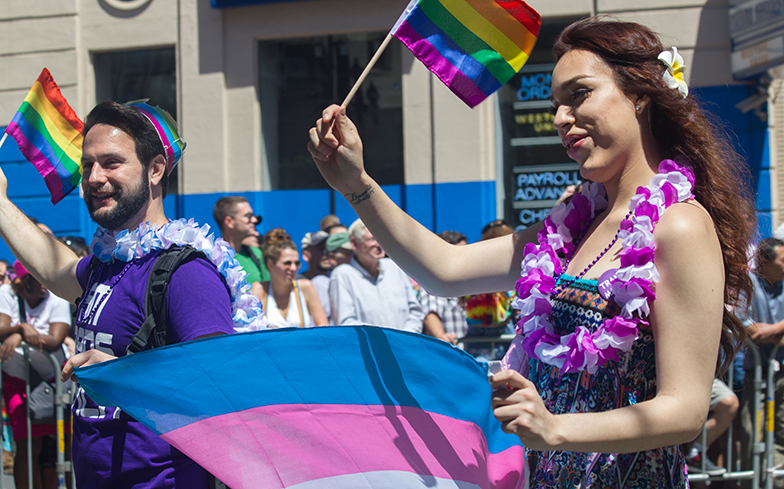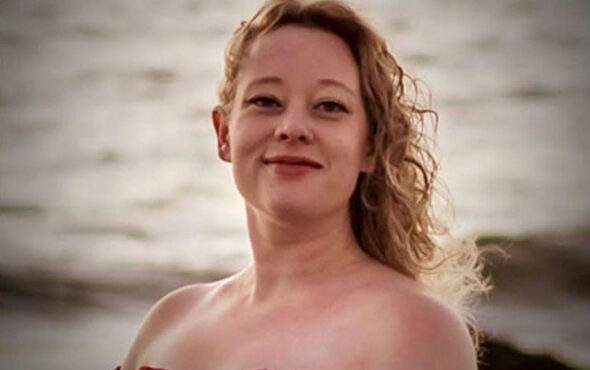
Last Saturday (28 July) LGBTQ activists, allies and friends gathered to protest for the first Dublin Trans Pride. Placards stated that “Trans Rights are Human Rights”, amongst other messages.
Unfortunately, LGBTQ communities are not always safe and inclusive spaces for trans people. There are still some within our movement who seek to deny equality to our trans siblings. Dublin Trans Pride’s organisers felt compelled to march because they believed trans voices were left unrecognised during Dublin’s main Pride event in June.
Transphobia within our own community was painfully apparent at London Pride on 7 July. A group of eight lesbians, calling themselves “Get the L Out”, attempted to block the march by trampling on the LGBTQ rainbow flag and chanting transphobic abuse. They represent a small, but very vocal, minority within the LGBTQ community, who are completely intolerant of trans people. They were not removed from the front of the march and processed at the head of the parade for a significant portion of the route, handing out hateful leaflets.
Following the transphobic protest at London Pride, there was a wave of support for trans people from cis lesbians, as well as other members of the LGBTQ community, demonstrated by #LwiththeT on social media. LwiththeT placards were also on display at Dublin Trans Pride. Our communities were showing solidarity.
The misinformation and myths propagated about trans people are numerous, reminiscent of the climate of hatred surrounding Section 28 in the 1980s. “Get the L Out” complained of lesbian erasure, refusing to accept trans women as women. Hard line feminists seeking to exclude trans women have been referred to as TERFS (trans-exclusionary radical feminists), a term many of them consider derogatory. They refuse to understand the issues many trans women face, or the similarities in hate they experience.

© Quinn Dombrowski via Flickr
The inclusion of trans women in gendered spaces is, incorrectly, explained as predatory men trying to access women’s toilets. They invert feminist ideals about empowering women, so that trans women are targeted. Trans women are targeted because they do not fit in, or because they look “different” in some way. It is strange that in trying to empower women, some women are seen as undeserving.
Trans women are often abused by others because they are seen as gay men, while trans men are seen as confused lesbians. This is ridiculous. It is a hurtful, and fake, story which is particularly damaging to children who are transitioning or who identify as trans and are seeking support. These horrible views deny a person’s right to define themselves and their experiences. Stonewall’s School Report 2017 showed that more than two in five young trans people have tried to take their own life.
The Gender Recognition Act 2004 (GRA) needs to be reformed. Many of the processes are bureaucratic, medicalised, time consuming and demeaning. Currently, trans people must live in their preferred gender for two years and receive a diagnosis of gender dysphoria from a medical expert. Self-determination is one of the most important changes that is required.
Trans people have had the right to equal treatment, including using the right gendered spaces for 10 years now, and have had the right to legal recognition since 2004. Reforming the GRA should not be controversial, as it is about simplifying the process for trans people. The changes will not impact other groups.
The Government’s recent LGBT Action Plan, published on 3 July, includes updating the GRA. The consultation period on the GRA is open now, until 19 October, and I want to encourage as many people as possible, both trans people and their allies, to engage and send a response.
If you would like to learn more about the GRA and how you can help trans people, please check out Stonewall’s website. Together we can ensure that every person in the LGBTQ community is treated with respect.
Related: Remembering all the trans individuals who have been killed in the US this year



